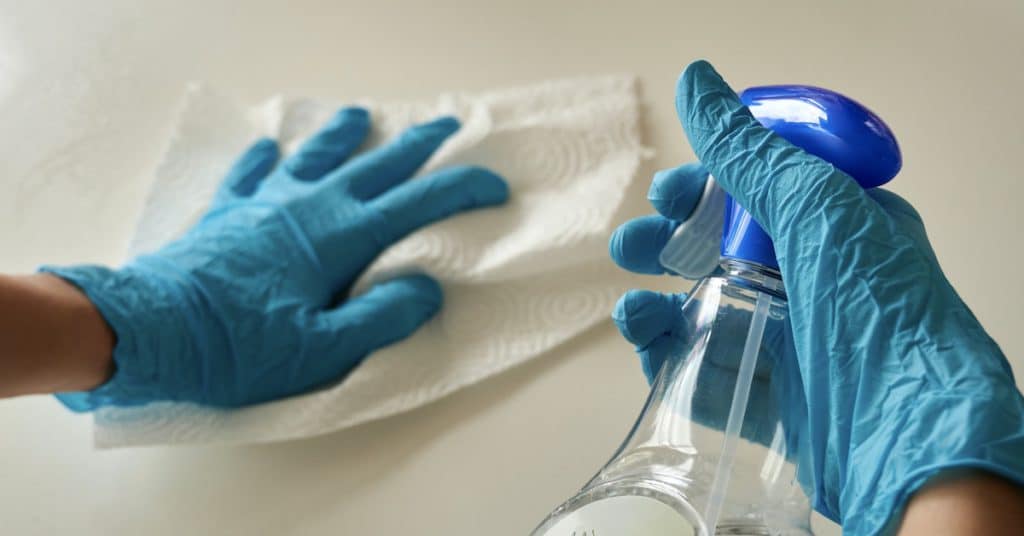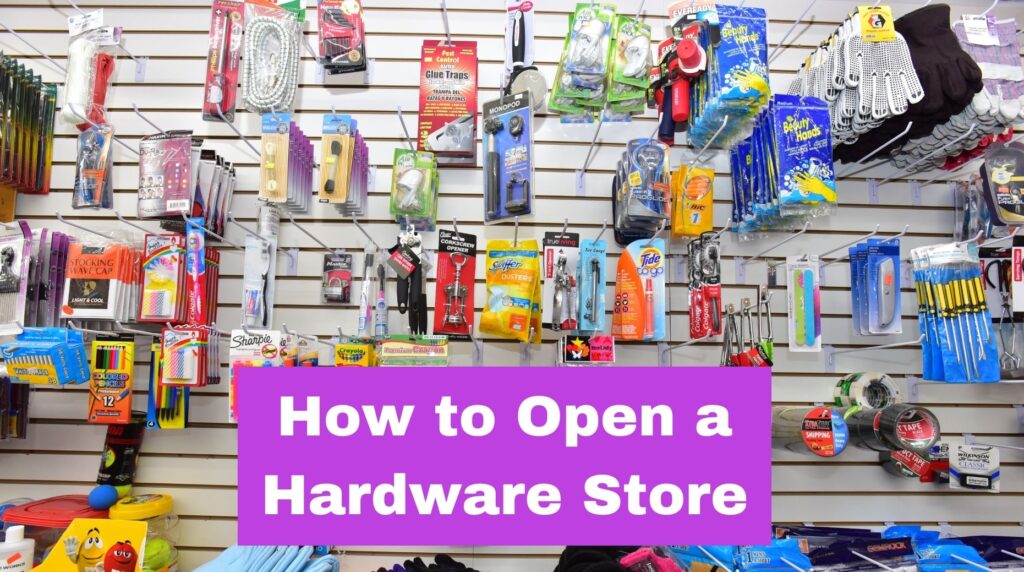The pandemic has wreaked havoc on small to medium-sized, independently-owned businesses. The world was expecting the virus to ease down a few months ago, but Omicron threw the world a big surprise. Today, small businesses are struggling to survive and adapt to the pandemic. However, there are several ways to keep sales rising, enhance revenue and save more money to stay in the industry.
Here are some tips for adapting your business during Omicron courtesy of National Retail Solutions (NRS), the leading provider of Point of Sale (POS) systems nationwide to small to mid-sized stores:
Here are some tips for adapting your business during Omicron courtesy of National Retail Solutions (NRS), the leading provider of Point of Sale (POS) systems nationwide to small to mid-sized stores:
Be Flexible to Adapt to Appropriate Staffing, Store Hours, and Supply Chain Slowdowns
- Ensure that you aren’t overstaffing during reduced foot traffic due to Omicron. Analyze employee hours compared to sales to ensure that you’re not spending too much on unnecessary staffing. You can also use sales analytics provided by NRS to obtain data on when your busiest hours are and when there is downtime. Having this data is crucial to know how to plan employees’ shifts.
- Consider temporarily adjusting your business hours to accommodate less foot traffic if you see a significant decline in shopping hours following a specific time. You’ll save time and money by reducing the number of hours your employees work.
- If your establishment serves food, try reducing your menu items to the most popular or keeping the menu whole but buying and preparing less food.
- You can post and send temporary store hours and reductions in menu items to keep your customers aware of the changes if you have a store website and email list.
- A supply chain shortage poses tricky questions for a small business owner. Not having items in stock consistently may dissuade customers from continuing to shop at your store. If you encounter a supply chain shortage, you might consider bulk ordering essential items such as paper towels, toilet paper, and food staples that people need every day. The trick is not ordering too much or ordering perishable food items that could expire and go to waste.
- Be sure your staff can explain what a supply chain shortage entails to customers, so they’ll be more understanding of the situation. Offer to take down customers’ contact information so that you can let them know when the item they’re seeking is restocked. While they may be disappointed, they’ll appreciate your proactive outreach.
- There are items that you should order in quantities before they run out. PPEs and Covid rapid home tests are in very high demand as Omicron spreads. They are in high demand, and you may need them in your store to attract more customers. Even if the virus isn’t prominent, there could always be a new variant, so be sure to buy plenty of them.
Staff Safety
- Keeping your staff healthy is critical to business flow. Tell them to stay home if someone isn’t sure if they’re positive but don’t feel well. You can’t risk someone spreading the virus to other staff as well as shoppers, even if they don’t think they have it.
- Consider requiring employees and perhaps customers to wear masks while in your store. Masking up has proven to be effective in helping to prevent the spread of Omicron. Also, encourage your staff to get vaccinated if appropriate.
- Keeping your store healthy and clean will help keep your staff healthy. Your store should be cleaned and sanitized throughout the day and employees should make use of hand sanitizers constantly as they interact with the public. In addition to ordering PPEs and rapid tests for patrons, have them in stock for your employees as well so that they can be appropriately equipped with the tools they need to keep themselves and their co-workers safe.








